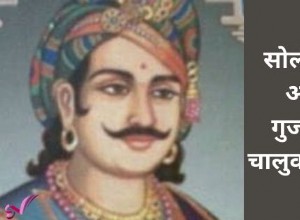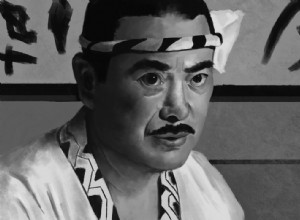Today in this article we will tell you Indian History in Hindi – Solanki dynasty or Chalukya ruler of Gujarat Telling about. Indian History in Hindi – Rajput Dynasty Questions related to Solanki dynasty or Chalukya ruler of Gujarat Q. Who was the founder of Solanki dynasty? Ans. Original Secre




![[Mitsukuni Tokugawa] Is Mito Komon actually such a person? Were there 7 others?](/article/uploadfiles/202207/2022072209255823_S.jpg)